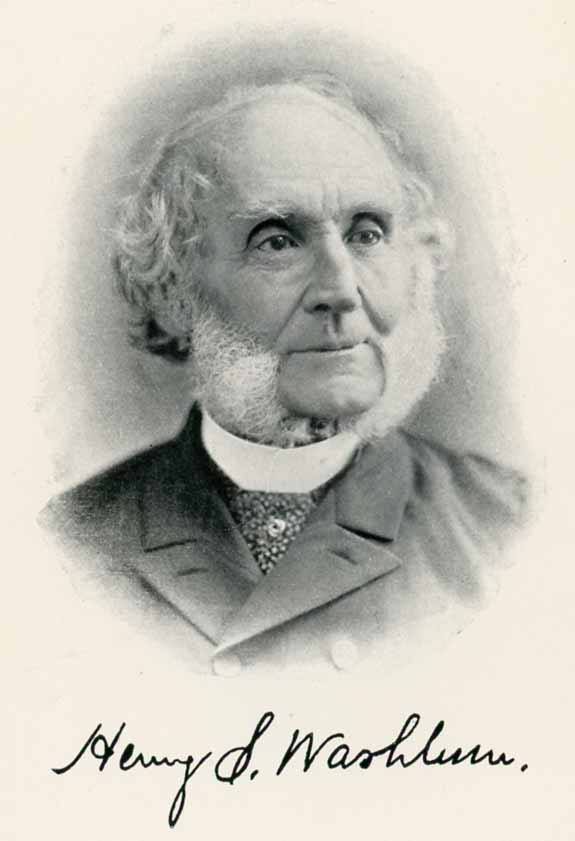The Vacant Chair
Words by Henry S. Washburn; music by George F. Root, 1861 |

 |
What is this song about? Who is it written for? Who would probably be singing this song? Which side of the war do you think sang this song? |
 |
Explain the connection to Thanksgiving. |
 |
What is a paradox? Do you find it a paradox that this song was written for the first official Thanksgiving Day called by President Lincoln? Why was it appropriate for Thanksgiving? For whom? Who might not find it appropriate for giving thanks? |
 |
What words or phrases in this song are symbols? Of what? What does the "vacant chair" symbolize? |
 |
Would knowing that a young person you loved had died a hero help ease the pain of his death? Why or why not? |
 |
Why did the family in this song leave the chair at the table? Why didn't they just rearrange the seats without the empty chair? |
 |
Has anyone ever died in your family? What do you remember about the first holidays without that person? What kinds of things did your family do or say to remember the person that day? |
 |
How can music help people deal with sorrow and grief? What other ways might people at home deal with the grief of losing someone in battle? |
|

"The Vacant Chair" performed by John McCormack. Available on iTunes, Spotify, and YouTube.
Irish-born American tenor John McCormack (1884–1945), sang both popular and classical works and was one of the most successful live musical performers of the 1910s, 1920s, and 1930s, regularly selling out concerts in the biggest halls around the world. He was also a top recording artist. The 600-plus sides he recorded, primarily for Victor Records, between 1904 and 1942 are estimated to have sold upward of 200 million copies. |

View the lyrics for "The Vacant Chair."
View the published score. |
|

 |
Portrait of Henry Washburn, undated. |
Possibly the only song lyrics that Henry S. Washburn ever wrote, these words were inspired when he was told of the death of eighteen-year-old Lt. William G. Grount, an acquaintance killed at the Battle of Ball's Bluff, Virginia. These lyrics first appeared in the Worcester Spy around Thanksgiving, 1861, the first official celebration of this holiday recently proclaimed by Abraham Lincoln.
"Vacant Chair" is another example of Root's ability to adapt the sentimental parlor song to the realities of Civil War life. In spite of the composer's Union sympathies, these sentimental songs expressed universal sentiments and found popularity in homes on both sides of the conflict.
|

dirge: A song sung at a burial; a song of mourning, of lament.
paradox: A seemingly contradictory statement that may nonetheless be true. |
|


